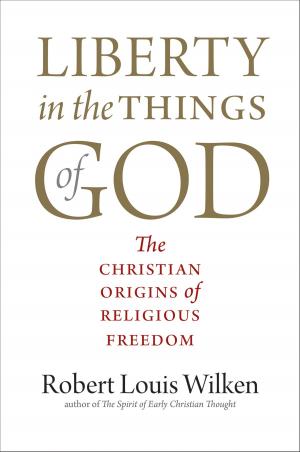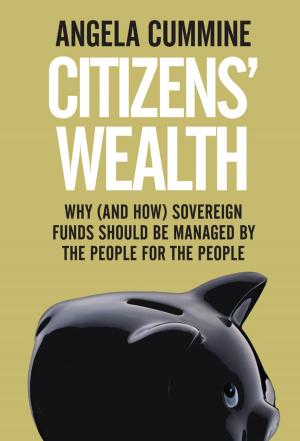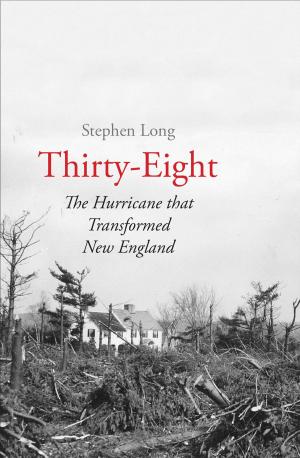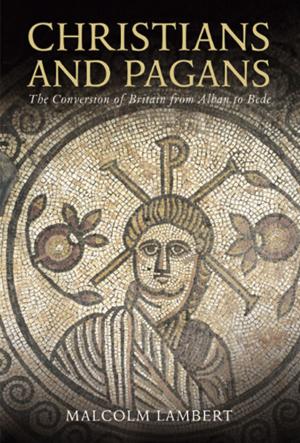Desert Kingdoms to Global Powers
The Rise of the Arab Gulf
Nonfiction, History, Middle East, Modern, 20th Century| Author: | Rory Miller | ISBN: | 9780300222166 |
| Publisher: | Yale University Press | Publication: | October 15, 2016 |
| Imprint: | Yale University Press | Language: | English |
| Author: | Rory Miller |
| ISBN: | 9780300222166 |
| Publisher: | Yale University Press |
| Publication: | October 15, 2016 |
| Imprint: | Yale University Press |
| Language: | English |
A lively analysis of the Arab Gulf states’ stunning rise to global power over the last half-century and of the daunting challenges they confront today
Once just sleepy desert sheikdoms, the Arab Gulf states of Saudi Arabia, Oman, the United Arab Emirates, Qatar, Bahrain, and Kuwait now exert unprecedented influence on international affairs—the result of their almost unimaginable riches in oil and gas. In this book, Rory Miller, an expert in Gulf politics and international affairs, provides an accessible account of the achievements of these countries since the 1973 global oil crisis. He also investigates how the shrewd Arab Gulf rulers who have overcome crisis after crisis meet the external and internal challenges of the onrushing future.
The Arab Gulf region has become an East–West hub for travel, tourism, sport, culture, trade, and finance. But can the autocratic regimes maintain stability at home and influence abroad as they deal with the demands of social and democratic reform? Miller considers an array of factors—Islamism, terrorism, the Arab Spring, volatile oil prices, global power dynamics, and others—to assess the future possibilities.
Once just sleepy desert sheikdoms, the Arab Gulf states of Saudi Arabia, Oman, the United Arab Emirates, Qatar, Bahrain, and Kuwait now exert unprecedented influence on international affairs—the result of their almost unimaginable riches in oil and gas. In this book, Rory Miller, an expert in Gulf politics and international affairs, provides an accessible account of the achievements of these countries since the 1973 global oil crisis. He also investigates how the shrewd Arab Gulf rulers who have overcome crisis after crisis meet the external and internal challenges of the onrushing future.
The Arab Gulf region has become an East–West hub for travel, tourism, sport, culture, trade, and finance. But can the autocratic regimes maintain stability at home and influence abroad as they deal with the demands of social and democratic reform? Miller considers an array of factors—Islamism, terrorism, the Arab Spring, volatile oil prices, global power dynamics, and others—to assess the future possibilities.
A lively analysis of the Arab Gulf states’ stunning rise to global power over the last half-century and of the daunting challenges they confront today
Once just sleepy desert sheikdoms, the Arab Gulf states of Saudi Arabia, Oman, the United Arab Emirates, Qatar, Bahrain, and Kuwait now exert unprecedented influence on international affairs—the result of their almost unimaginable riches in oil and gas. In this book, Rory Miller, an expert in Gulf politics and international affairs, provides an accessible account of the achievements of these countries since the 1973 global oil crisis. He also investigates how the shrewd Arab Gulf rulers who have overcome crisis after crisis meet the external and internal challenges of the onrushing future.
The Arab Gulf region has become an East–West hub for travel, tourism, sport, culture, trade, and finance. But can the autocratic regimes maintain stability at home and influence abroad as they deal with the demands of social and democratic reform? Miller considers an array of factors—Islamism, terrorism, the Arab Spring, volatile oil prices, global power dynamics, and others—to assess the future possibilities.
Once just sleepy desert sheikdoms, the Arab Gulf states of Saudi Arabia, Oman, the United Arab Emirates, Qatar, Bahrain, and Kuwait now exert unprecedented influence on international affairs—the result of their almost unimaginable riches in oil and gas. In this book, Rory Miller, an expert in Gulf politics and international affairs, provides an accessible account of the achievements of these countries since the 1973 global oil crisis. He also investigates how the shrewd Arab Gulf rulers who have overcome crisis after crisis meet the external and internal challenges of the onrushing future.
The Arab Gulf region has become an East–West hub for travel, tourism, sport, culture, trade, and finance. But can the autocratic regimes maintain stability at home and influence abroad as they deal with the demands of social and democratic reform? Miller considers an array of factors—Islamism, terrorism, the Arab Spring, volatile oil prices, global power dynamics, and others—to assess the future possibilities.















